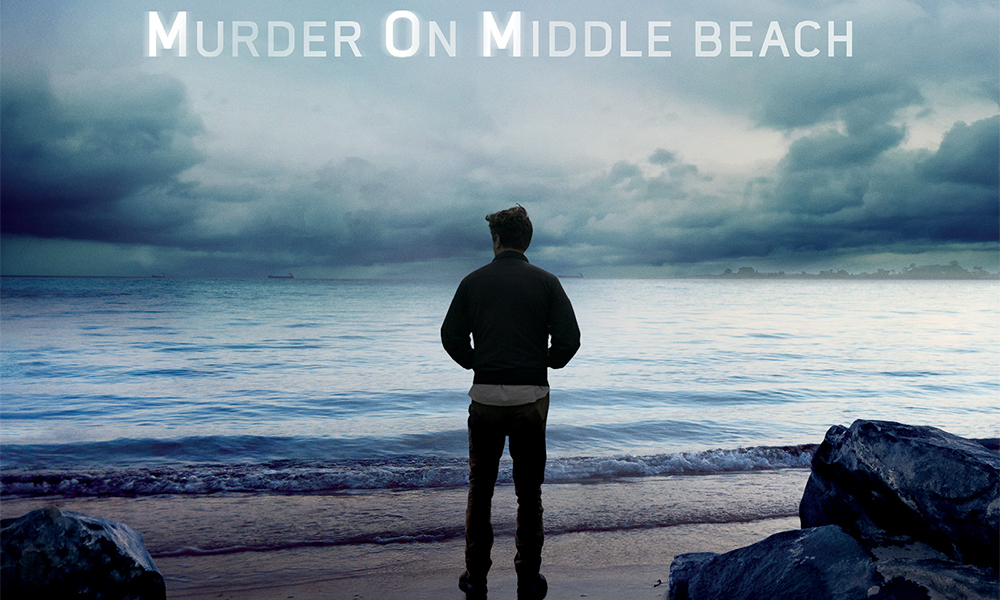Elissa Suh looks at how director Ryusuke Hamaguchi’s exercises his own creativity in his adaptation of Haruki Murakami's "Drive My Car."
Traveling Beyond the Canon: Original Artistry in Ryusuke Hamaguchi’s Film Adaptation of Drive My Car
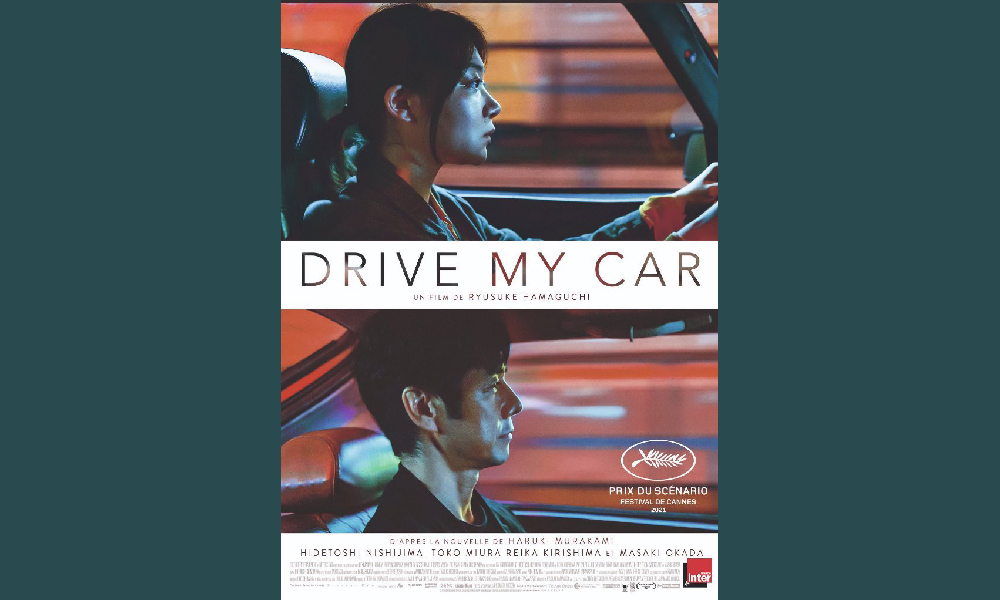
Elissa Suh looks at how director Ryusuke Hamaguchi’s exercises his own creativity in his adaptation of Haruki Murakami's "Drive My Car."

Shastri Akella considers the utility and limits of metonymy in Sabina Murray’s "The Human Zoo."
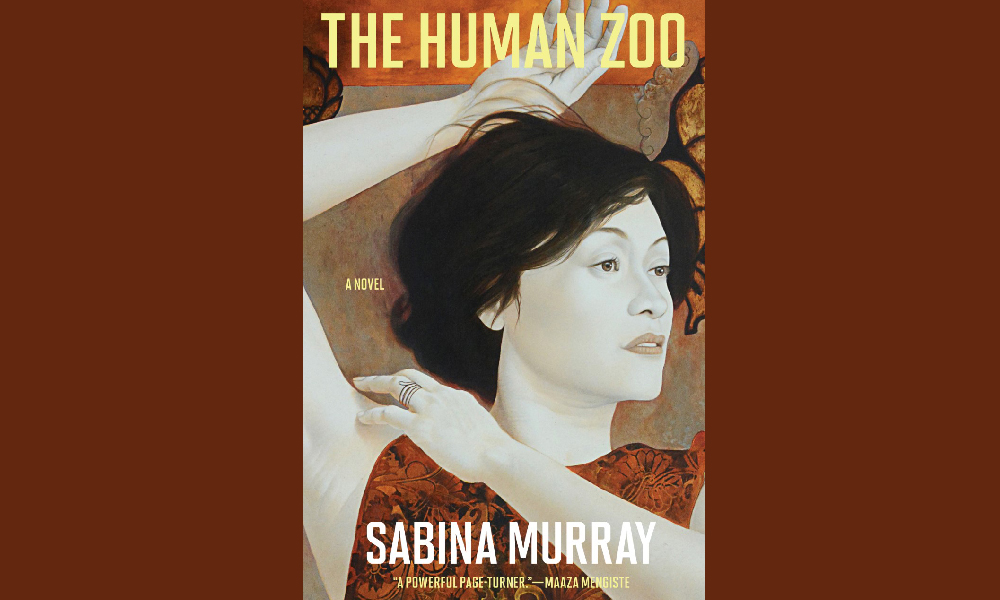
Dan DiPiero ponders the origin and category of The Ophelias’ latest album "Crocus."
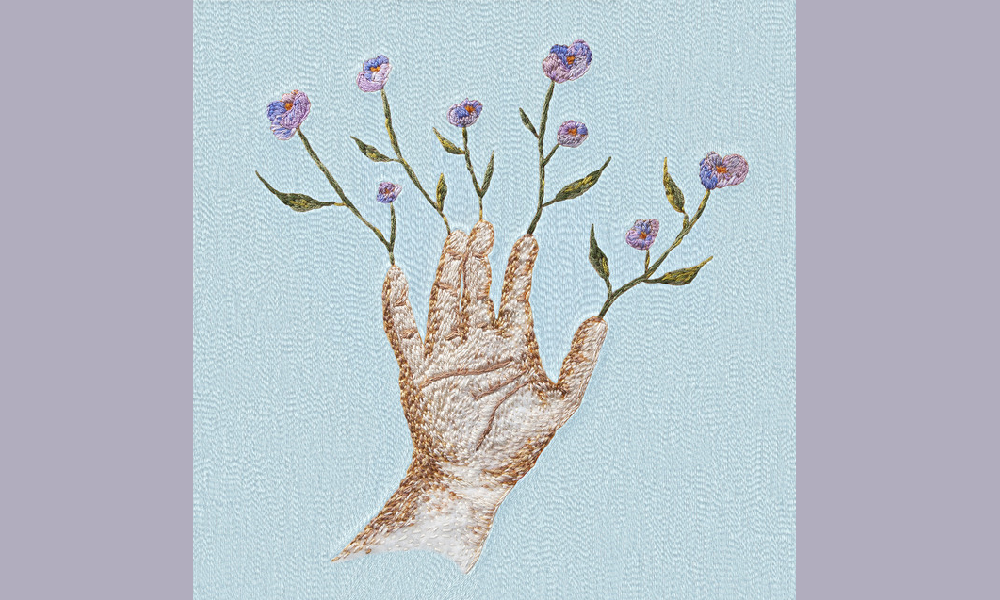
Greg Gerke follows the literary lineage of Fleur Jaeggy's "Sweet Days of Discipline."
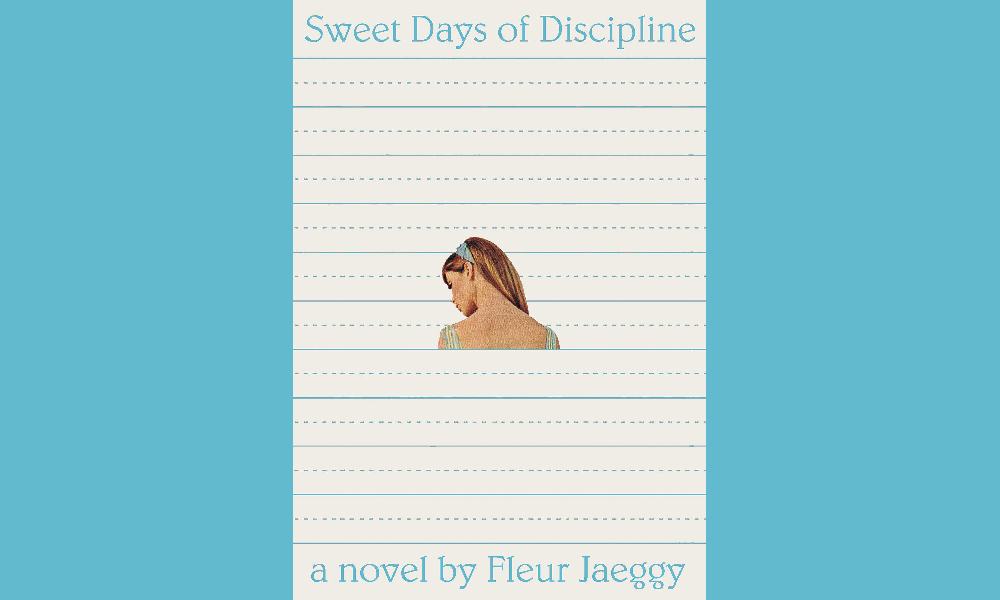
Harrison Blackman investigates what happens when Lynne Sachs loves a father who is hard to love in the recent documentary "Film About a Father Who."
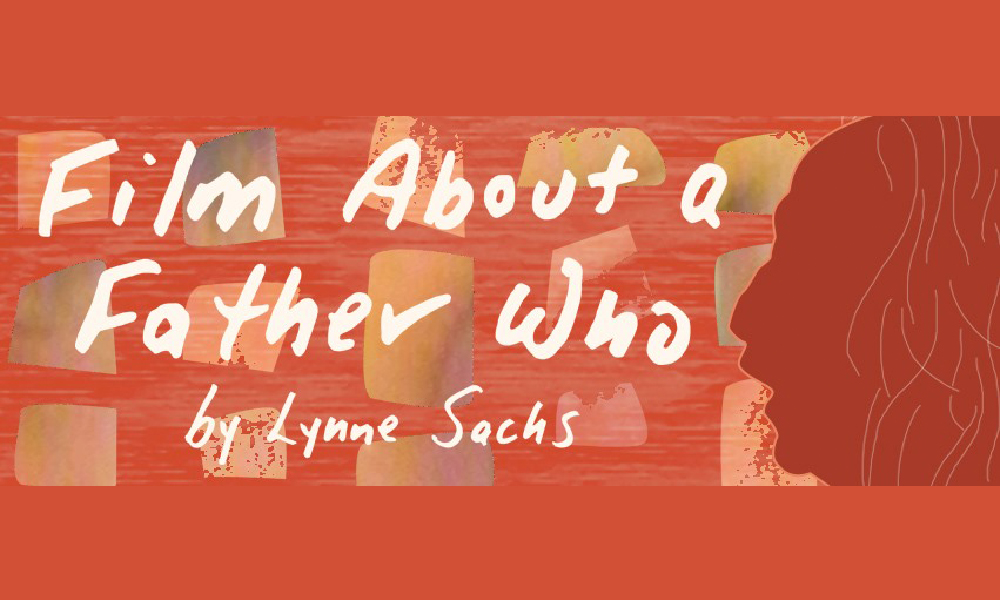
Georgina Colby investigates the many forms, pathways, and evolutions of the English language in Kyoo Lee's edited anthology "Queenzenglish.mp3."
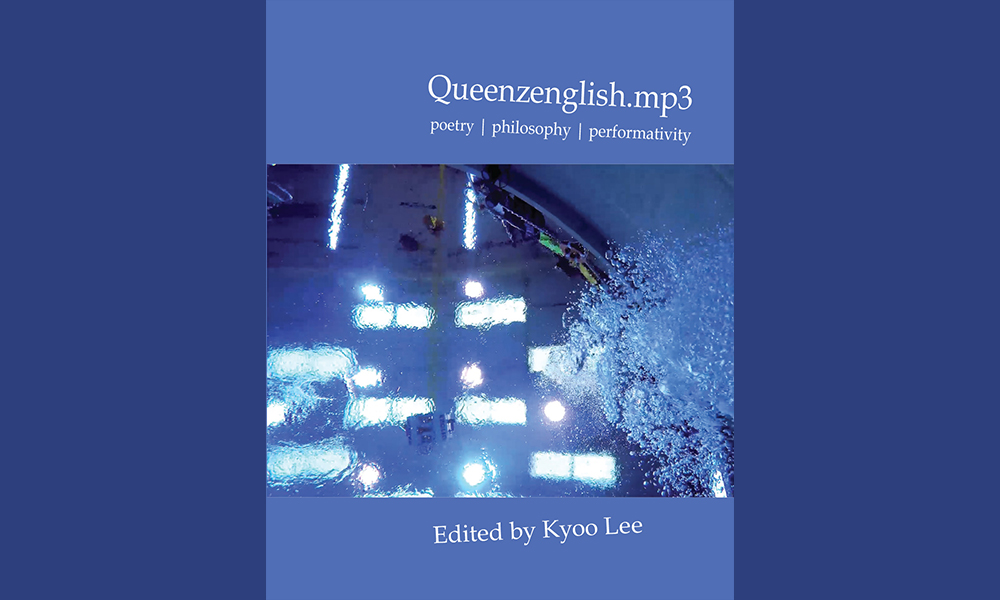
Neeli Cherkovski finds complex yet charming passages in Michael Palmer's latest poetry volumne, "Little Elegies for Sister Satan."
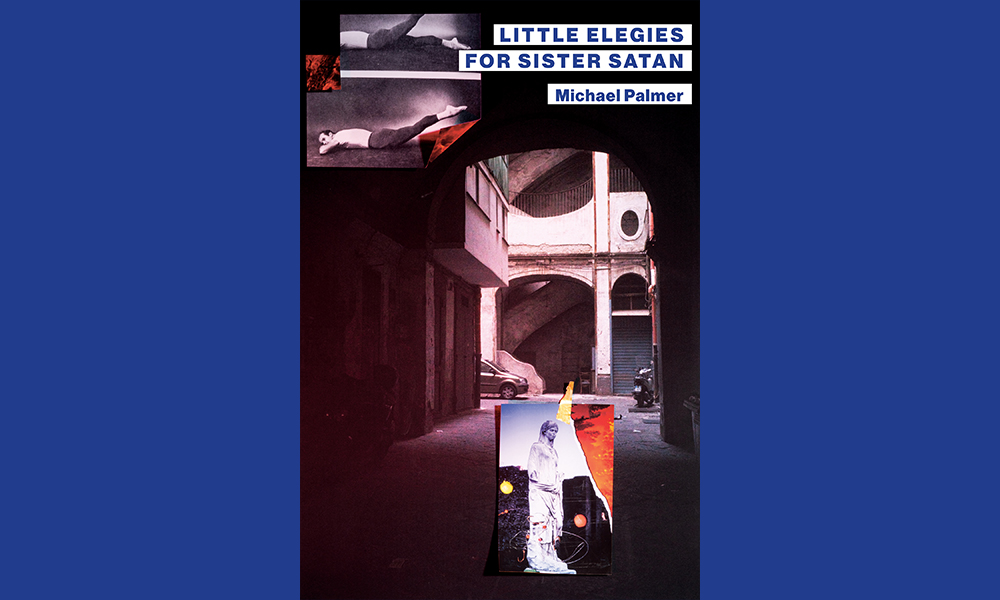
Karim Alrawi looks at trauma and redemption in Rachel Rose’s recent short story collection "The Octopus Has Three Hearts."
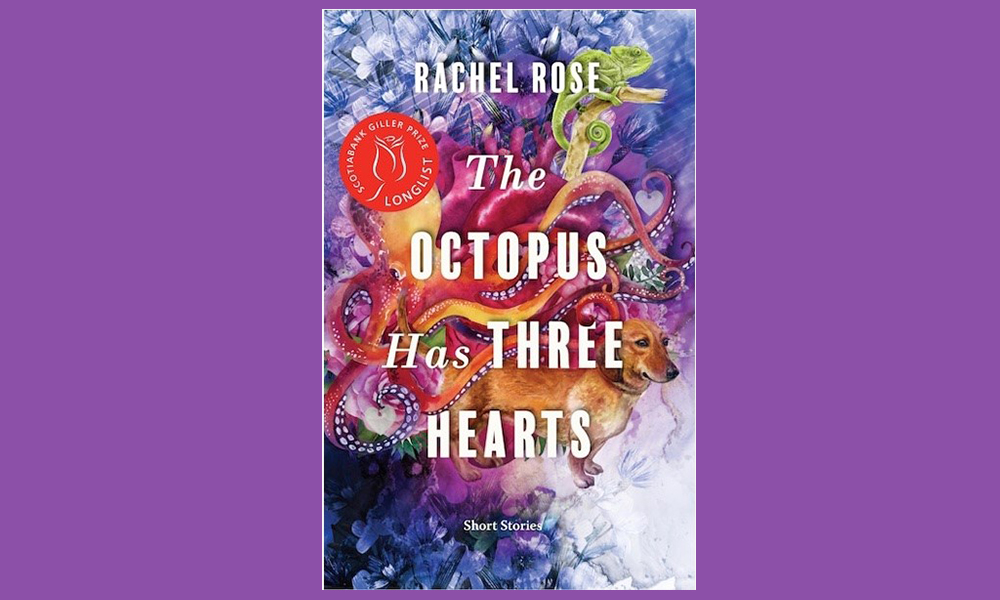
Shannon Draucker explores the subtle but powerful portrayal of graduate student marginalization in Netflix's popular new series "The Chair."
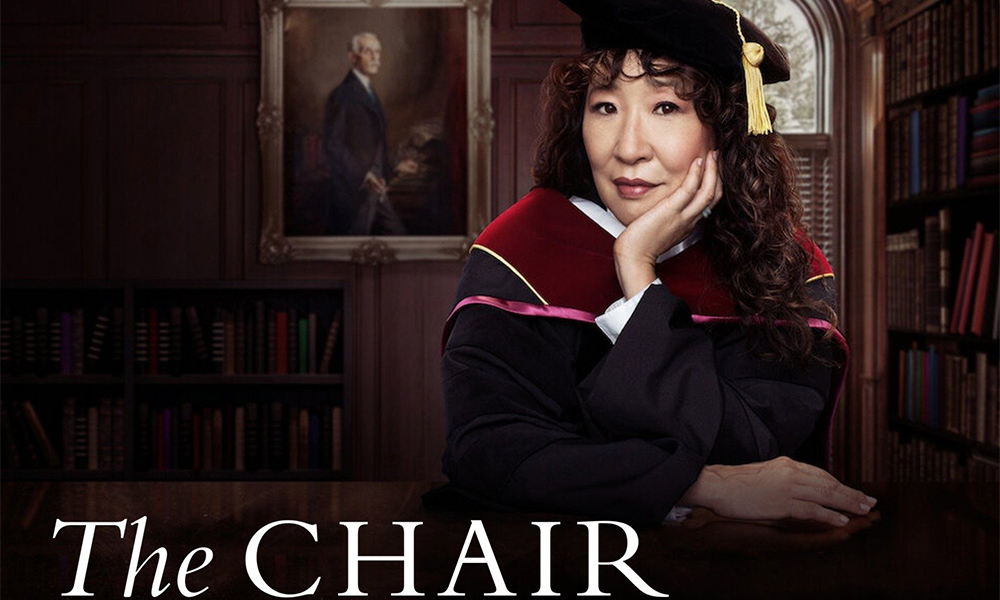
Ted Clifford reviews the HBO true crime miniseries "Murder on Middle Beach."
